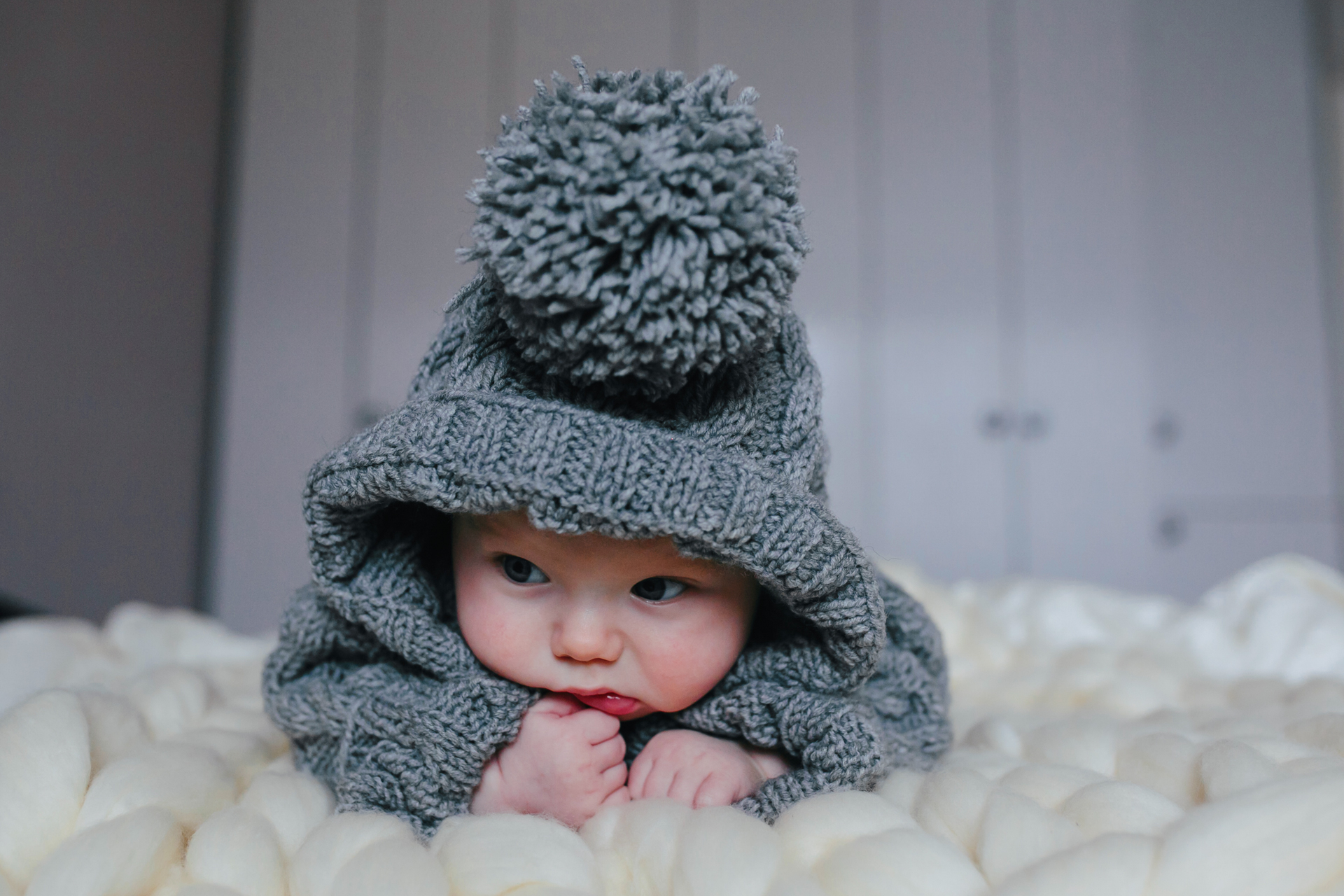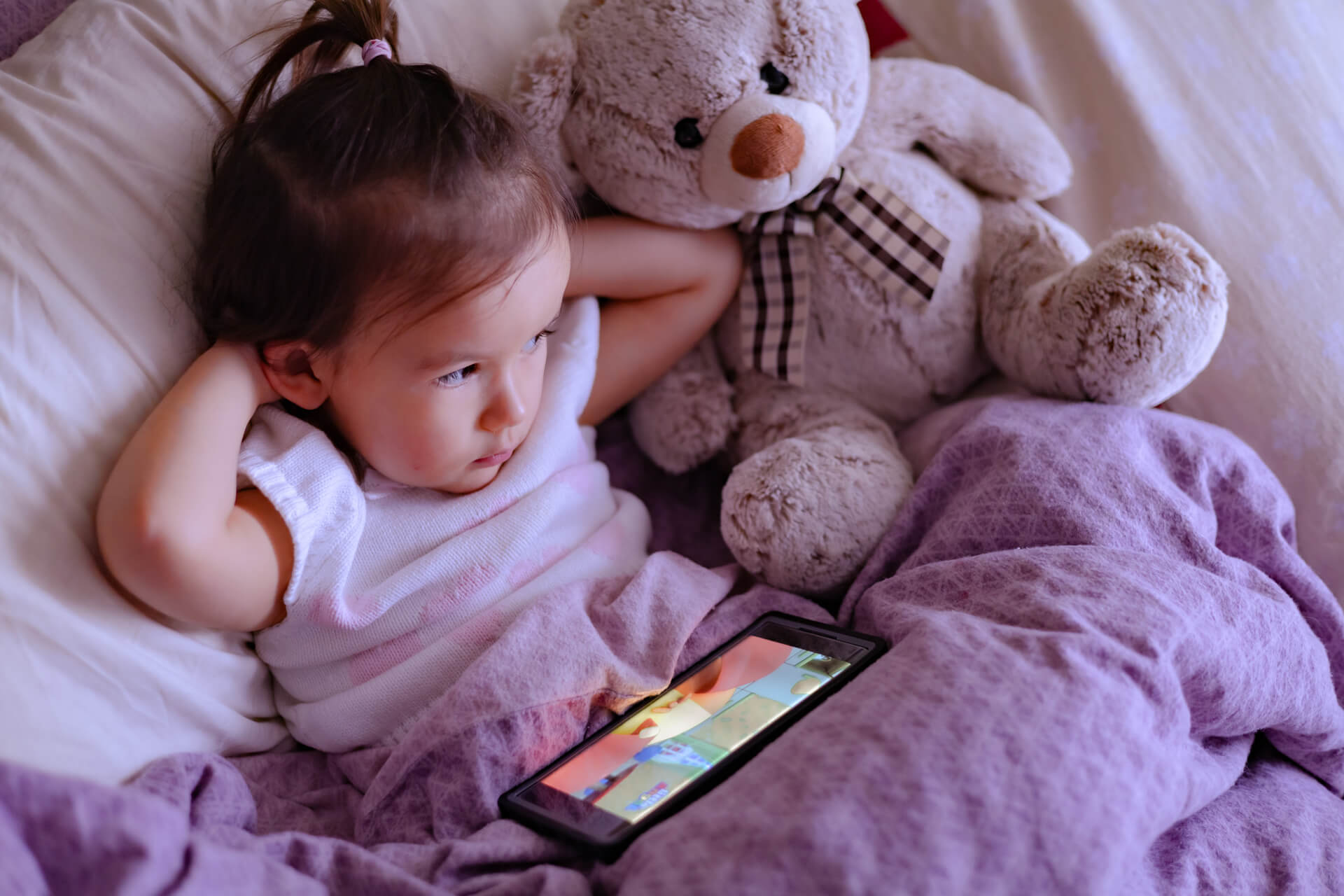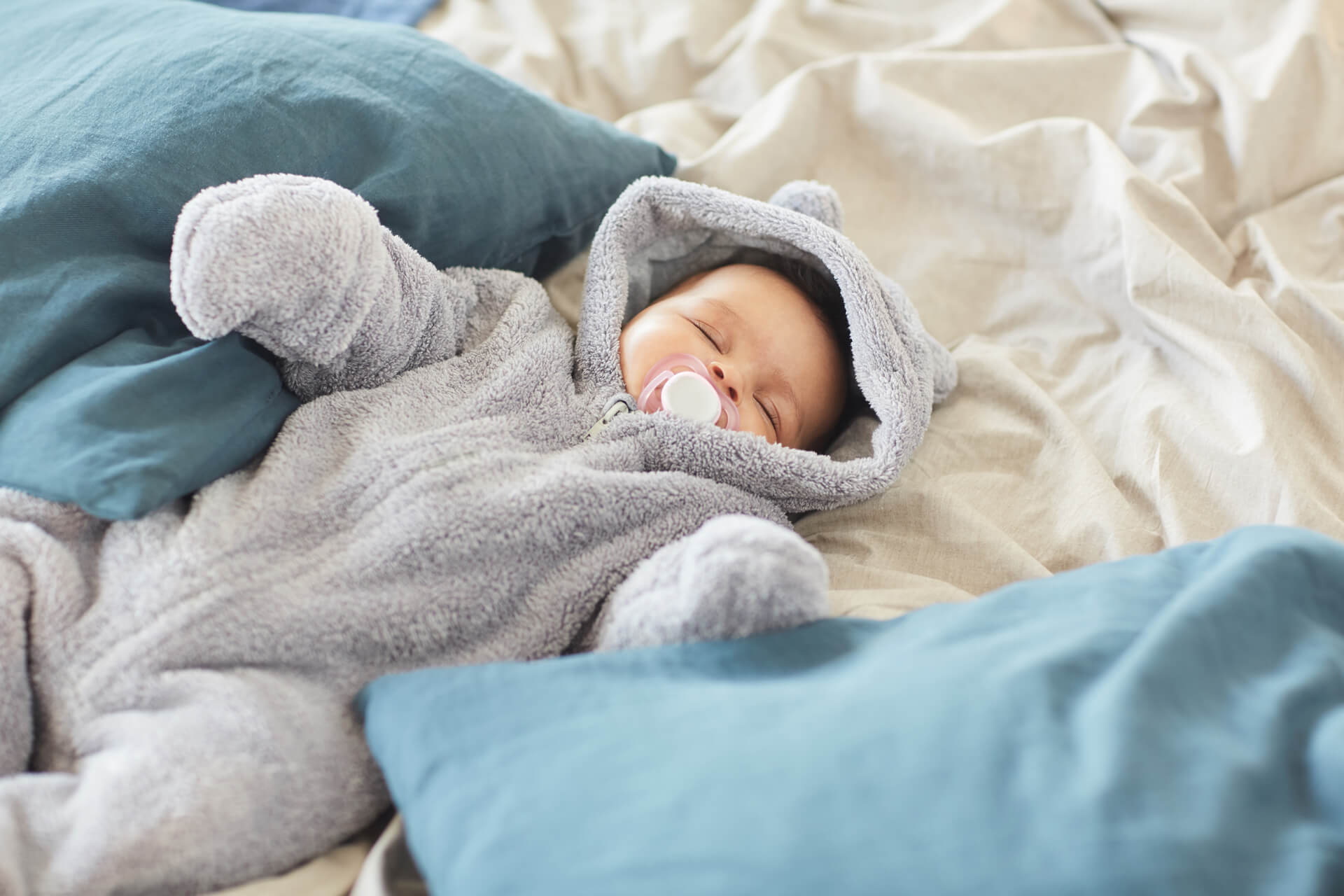
Survival buggy nap tips that every mum should know
I’m always a big fan of being follow a predictable yet flexible routine! A mum



I’ve always thought the term “separation anxiety” wasn’t an adequate one. It sounds kind of clinical and dull, in my opinion. But those of us whose babies and toddlers have experienced separation anxiety (and I’m guessing that’s almost all of us) know that the separation anxiety is anything but dull!
At any rate, separation anxiety is the topic of today’s article. Specifically, we will look at why and when separation anxiety occurs, how it affects sleep, and what you can do to cope with it.
Don’t Worry, Separation Anxiety Is Normal. (In fact, it is a good sign!)
What Is Separation Anxiety, and Why Does It Happen?
How Do I Know If My Baby Has Separation Anxiety?
Separation anxiety is pretty easy to spot, and you’re probably reading this section because you’ve identified it in your baby. The following are behaviours typically demonstrated by a baby with normal separation anxiety:
How To Avoid Sleep Problems Due To Separation Anxiety?
The first thing we all need to sleep well, is the knowledge that we are safe and secure. Your goal when dealing with separation anxiety is to grow her confidence in being separated from you, namely that you will be back.
Here is what you can do:
Professional help for separation anxiety and separation anxiety disorder
It’s rare that separation anxiety persists on a daily basis after the preschool years. If you’re concerned that your child isn’t adapting to being without you, chat with the paediatrician. Your paediatrician has certainly helped support families in the same situation and can help calm your unease and determine a plan to support both of you!
You know your child best. If you’re worried about his separation anxiety, consider seeking professional help. Here are some places to start:
Phoebie xx
I know how hard parenting can be. Download my top tips to improve your baby’s sleep.
Take your baby from a to zzz with a home or phone consultation with us.

I’m always a big fan of being follow a predictable yet flexible routine! A mum

If your child has not yet learned how to fall asleep on their own for

Should I use a dummy for my baby? Dummies can be fantastic for newborns to
English
